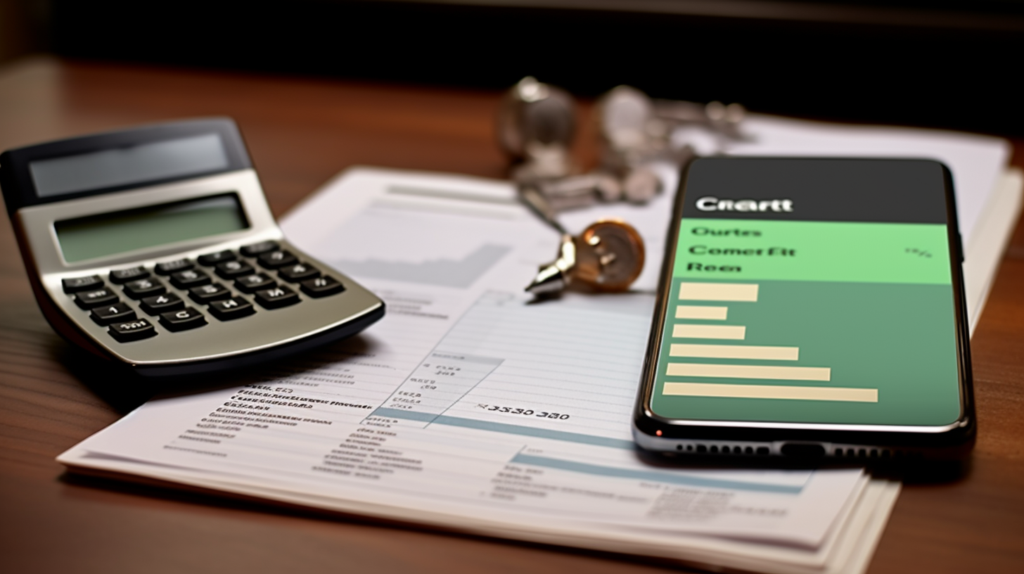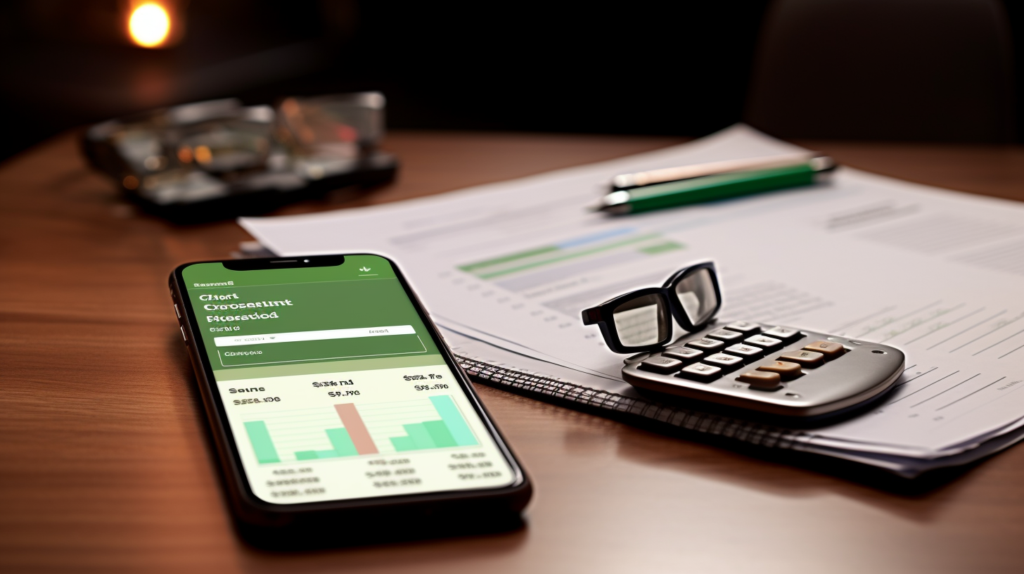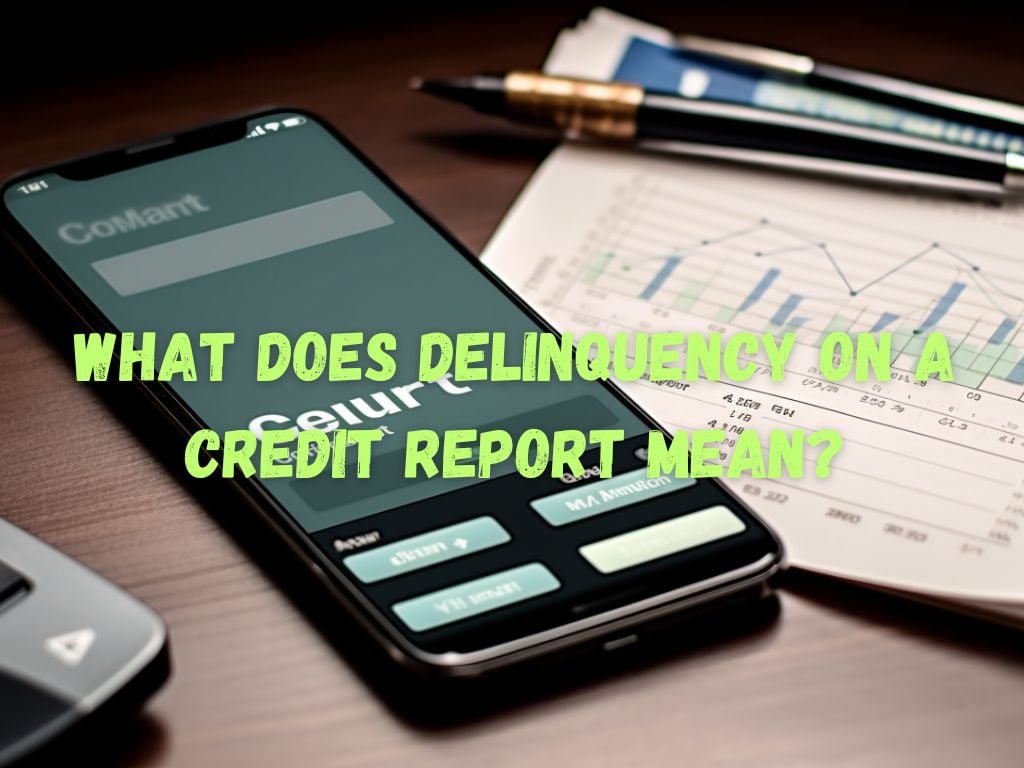Imagine this scenario: You’re applying for a loan, excited about the possibilities it holds.
However, right before signing the agreement, the loan officer informs you that your credit report shows a delinquency. Suddenly, that dream loan slips further away, and you’re left wondering what delinquency on a credit report really means.
Don’t fret! In this comprehensive guide, we will demystify delinquency, explore its impact, and provide actionable steps for recovery.
What Does Delinquency on a Credit Report Mean?
Delinquency on a credit report refers to an individual’s failure to make timely payments on their debts.
When a payment is overdue, it typically starts becoming delinquent after a specific period, usually 30 days or more. This information is then recorded in your credit report, which documents your credit history and is maintained by credit reporting agencies.
Importance and Impact of Delinquent Accounts
Delinquency can have a significant impact on your financial life. It not only affects your credit score, but also influences your ability to obtain credit in the future.
Delinquent accounts can lead to higher interest rates, fees, and even legal action in severe cases. Understanding the consequences of delinquency is crucial for maintaining financial health.

How Delinquency is Reported
Credit Reporting Agencies and Credit Scores
Credit reporting agencies, such as TransUnion, Equifax, and Experian, collect and maintain credit information about individuals. They use this information to calculate credit scores, which indicate creditworthiness.
When a payment becomes delinquent, creditors report the delinquency to the credit reporting agencies, impacting your credit score.
Timing of Delinquency Reporting
Delinquencies are usually reported to the credit bureaus after a certain period of non-payment. The specific time frame can vary depending on the creditor and the type of account.
For example, credit card issuers may report delinquencies after 30 days, while mortgage lenders may wait 90 days before reporting.
Types of Accounts That Can Become Delinquent
Various types of accounts can become delinquent, including credit cards, loans, mortgages, and utility bills. It’s essential to note that different creditors have varying reporting policies.
For instance, medical providers may not report delinquencies unless the debt is sent to a collection agency.
Understanding the Consequences of Delinquency
Negative Effect on Credit Score
Delinquencies have a considerable negative impact on your credit score. Your payment history comprises a significant portion of your credit score calculation. Even a single late payment can cause a significant drop in your score.
The severity of the impact depends on factors such as the amount owed, the type of delinquency, and the frequency of late payments.
Difficulty in Obtaining Credit
Delinquency can make it challenging to obtain credit in the future. Lenders and creditors view delinquent accounts as a sign of increased repayment risk.
When reviewing your credit report, they may perceive you as a less creditworthy borrower. As a result, you may be denied credit or offered less favorable terms, such as a higher interest rate or a lower credit limit.
Higher Interest Rates and Fees
If you are granted credit despite delinquencies, you may face a higher interest rate and additional fees. Lenders mitigate their risk by charging borrowers with a history of delinquency higher interest to compensate for the increased likelihood of default.
These higher rates can significantly impact the cost of credit over time.
Potential Legal Action
In severe cases of delinquency, creditors have the right to take legal action to recover the unpaid debt. This can include filing lawsuits, obtaining judgments, or even garnishing wages.
Legal proceedings can further damage your credit and result in additional costs in the form of court fees and attorney expenses.

Common Causes of Delinquency
Unemployment or Reduced Income
Unemployment or a significant reduction in income can lead to delinquency. When faced with financial hardship, it becomes challenging to meet all your financial obligations.
Prioritizing essential expenses, such as housing and food, often leaves less available funds for debt payments, increasing the likelihood of delinquency.
Medical Emergencies and Unexpected Expenses
Medical emergencies or unexpected expenses can quickly derail your financial stability. Medical bills, car repairs, or home repairs can create a strain on your budget, making it difficult to keep up with debt payments.
Without an emergency fund or appropriate insurance coverage, these unexpected events can result in delinquency.
Poor Financial Management
Lack of financial management skills or knowledge can also contribute to delinquency. Poor budgeting, overspending, and excessive reliance on credit can lead to a cycle of debt.
Without a solid financial plan and the ability to track and prioritize expenses, delinquency becomes more likely.
How to Prevent Delinquency
Creating a Budget and Financial Plan
One of the first steps in preventing delinquency is creating a budget and financial plan. Establishing a clear picture of your income and expenses allows you to allocate funds for debt payments and other essential obligations. A well-structured budget enables you to plan for unexpected expenses and build an emergency fund.
Setting Up Automatic Payments
Setting up automatic payments ensures that your bills are paid on time, reducing the chances of delinquency. Most financial institutions and creditors offer this option, allowing you to authorize payments directly from your bank account or credit card.
Automatic payments help you stay on track and eliminate the risk of forgetting to make a payment.
Communicating with Creditors
In case you’re facing financial difficulties, communication with your creditors can make a significant difference. Reach out to them as soon as you anticipate a problem in making payments.
They may be willing to work out a temporary payment plan or offer other assistance options to help you avoid delinquency. Proactive communication exhibits responsibility and demonstrates your commitment to resolving the issue.
Steps to Take if You Have Delinquent Accounts
Assessing the Situation
When dealing with delinquent accounts, start by assessing the situation. Review your credit report to identify which accounts are delinquent and the severity of the delinquency.
Take note of any errors or inaccuracies, as these can negatively impact your credit score. Understanding your delinquent accounts lays the groundwork for effective resolution.

Negotiating with Creditors
Contact your creditors to negotiate a repayment plan or a settlement agreement. Explain your situation honestly and demonstrate your willingness to resolve the debt. Creditors are often more inclined to work with borrowers who are proactive about addressing delinquencies.
Negotiating can result in modified payment terms, reduced interest rates, or even the removal of late fees.
Seeking Professional Help, if Necessary
If your delinquent accounts are overwhelming or the negotiation process becomes complex, seeking professional help can be beneficial.
Credit counseling agencies and debt management companies can provide guidance on managing debts, creating repayment plans, and working with creditors.
They can also assist in developing a debt management strategy tailored to your specific circumstances.
How to Recover from Delinquency
Paying off Outstanding Debts
Recovering from delinquency involves paying off outstanding debts. Prioritize your delinquent accounts based on their severity and the impact they have on your credit score.
Allocate available funds toward these accounts, considering negotiations or repayment plans determined with your creditors. Gradually reducing your delinquent balances shows progress and demonstrates financial responsibility.
Rebuilding Credit
Once you’ve addressed delinquent accounts, focus on rebuilding your credit. Make timely payments on all your remaining debts, as consistent payments positively impact your credit history.
Additionally, consider opening and responsibly managing new lines of credit, such as secured credit cards, to demonstrate good credit behavior. Over time, these actions will help improve your credit score.
Monitoring Credit Reports
Ongoing monitoring of your credit reports is crucial to ensure accuracy and detect any potential issues. Regularly review your credit reports from the three major credit bureaus.
By doing so, you can identify any negative information that should be removed, verify the resolution of delinquent accounts, and guard against identity theft.
Conclusion
Understanding delinquency on a credit report is essential for anyone seeking financial stability and responsible credit management.
Delinquency can have far-reaching consequences, affecting your credit score, ability to secure credit, and even your financial well-being.
By preventing delinquency, addressing any existing delinquent accounts, and taking steps towards recovery, you can protect your financial reputation and position yourself for a brighter future.
Remember, responsible credit management is key to maintaining a healthy financial life.


 Tags:
Tags:










